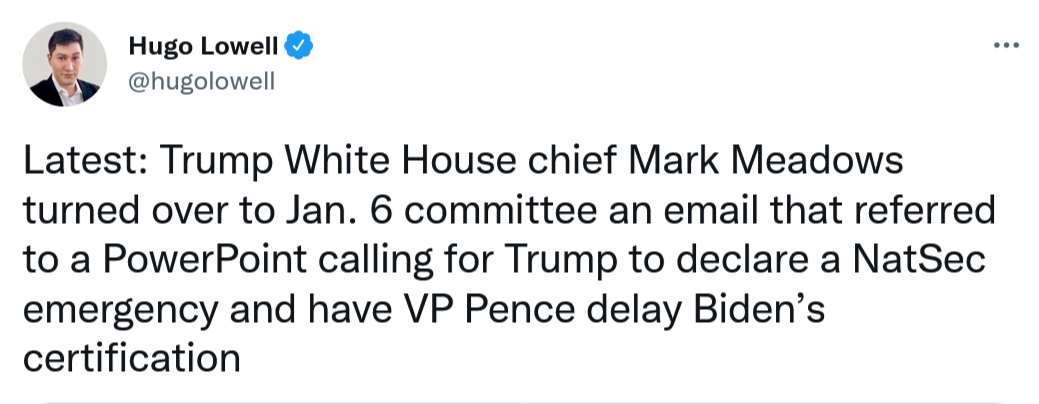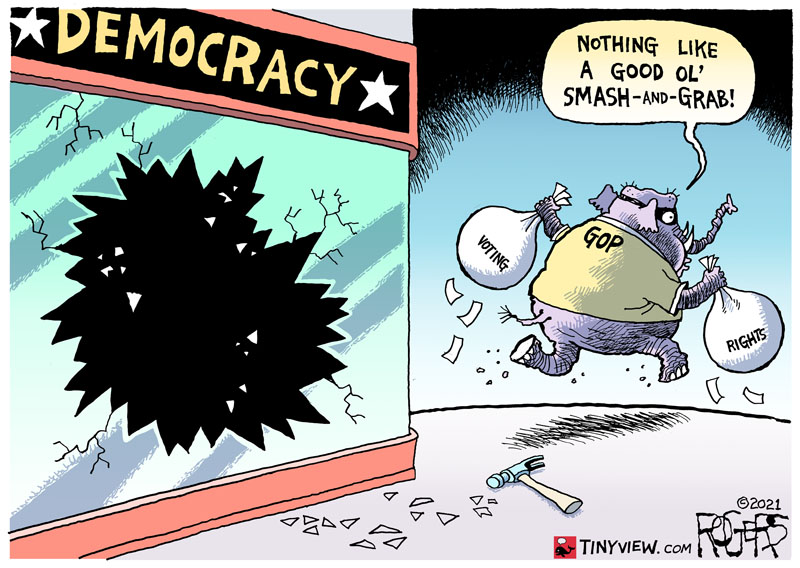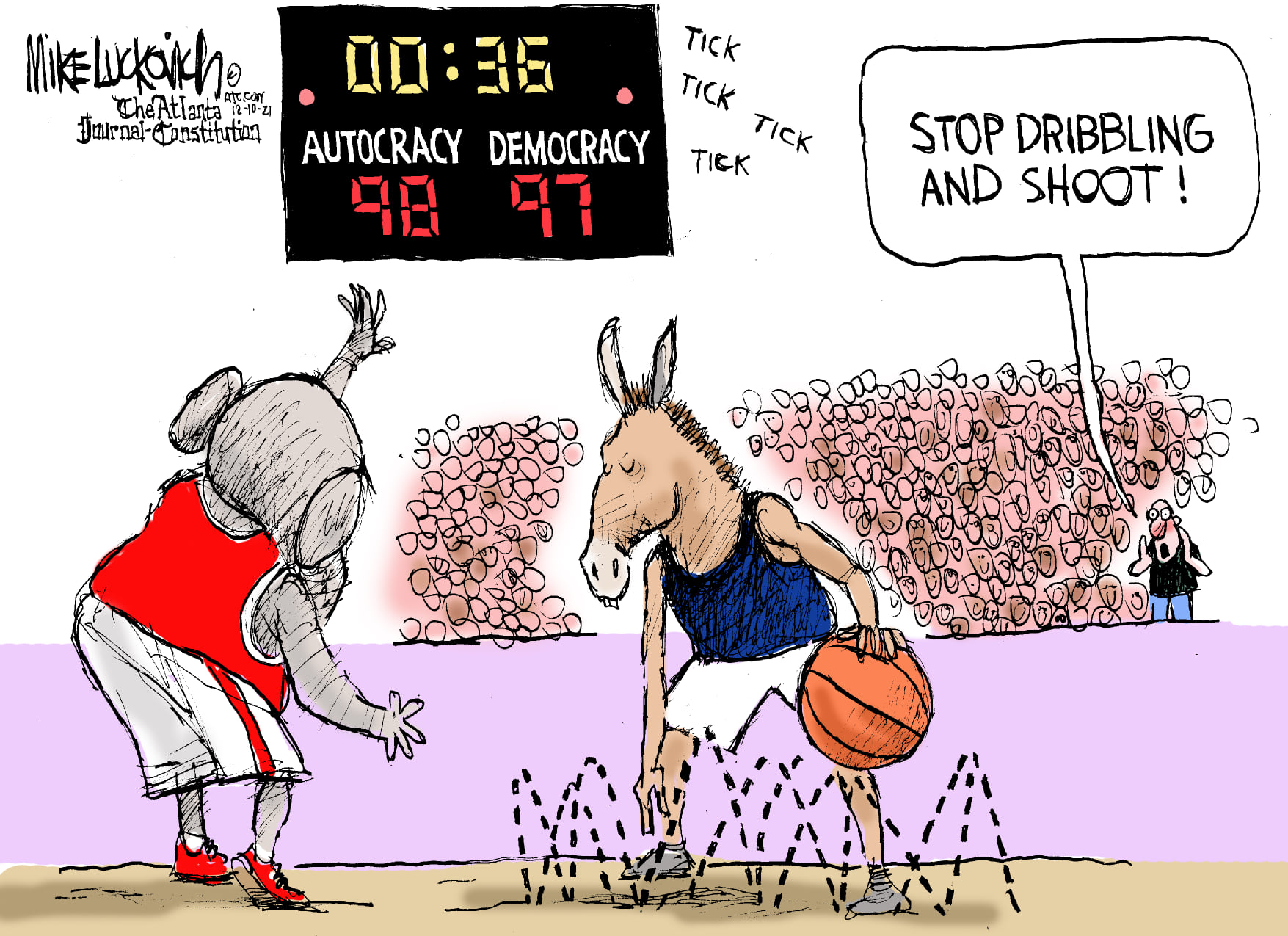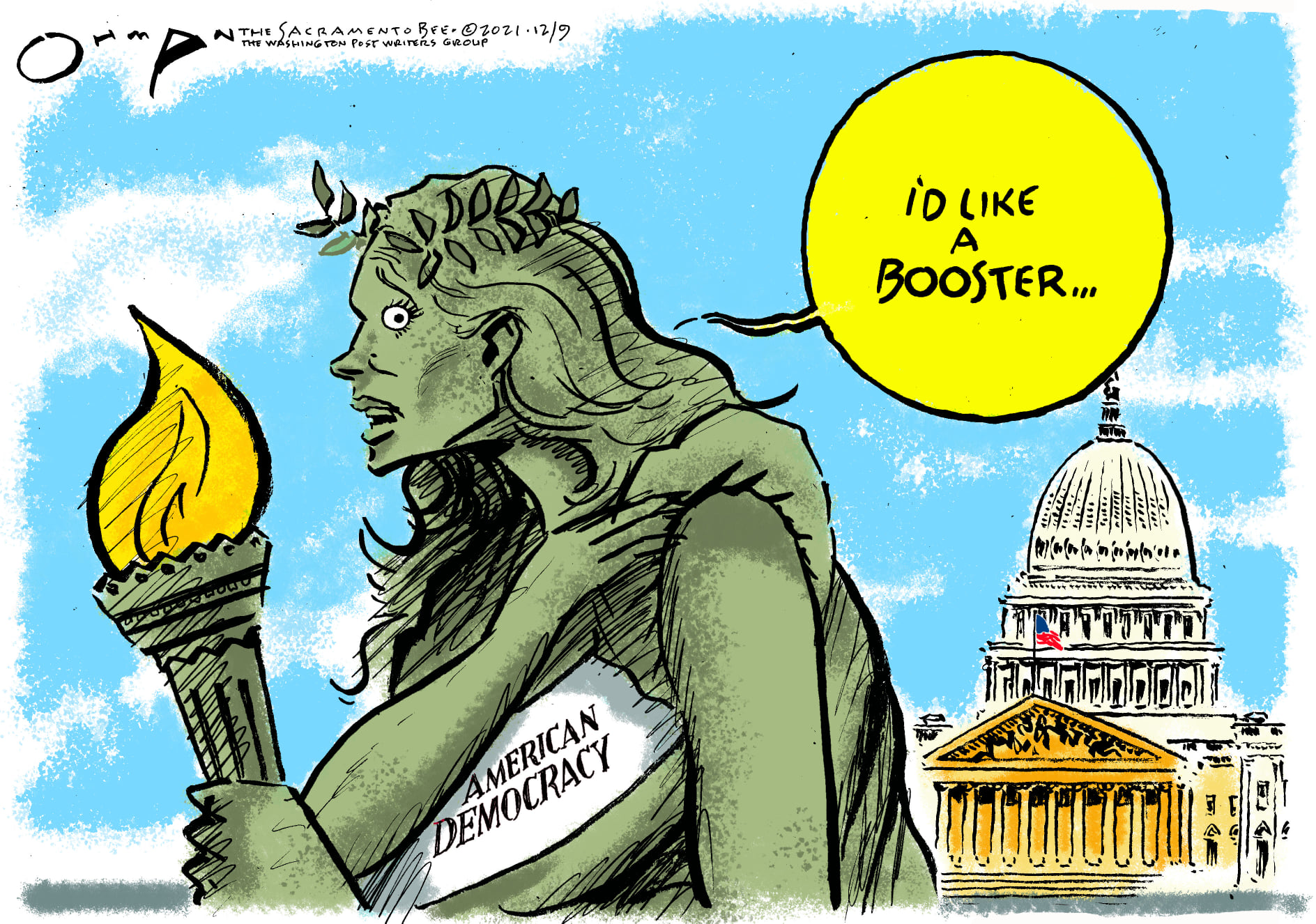The Daily Escape:

Vermontville, NY with Whiteface Mountain in the background – April 2022 photo by William Adamczak Photography
Just a short note today to say that we shouldn’t forget that Dr. Martin Luther King Jr. was murdered in Memphis 54 years ago yesterday. On April 4, 1968, Dr. King was fatally shot on the balcony of the Lorraine Motel in Memphis, a site that’s now a museum dedicated to the civil rights champion’s life.
We should also remember that at the time, he was pursuing economic justice, building the Poor People’s Campaign and supporting the striking sanitation workers of Memphis, TN.
When you look at 1968 versus 2022, in a lot of ways we’ve become more like the country we were back in the 1960s. We’ve seen the near-gutting of the Voting Rights Act by the Supreme Court. We also see efforts to end any teaching in schools of the truth about race in America, and about King’s legacy.
We’re being told by Republicans that a highly qualified Black woman isn’t Supreme Court material.
We spend more time celebrating Dr. King’s birth than acknowledging where he was politically when he was killed. Beyond economic justice, perhaps more than any other social-movement leader in American history, King proved capable of looking at different strands of political and social injustice, then tying them together to form a coherent narrative capable of leveraging dissent into concrete policy change.
That’s what we should remember: There’s less than three months between the observance of King’s birthday and his martyrdom. The way each is recognized by politicians reveals the contradictions in his legacy. Politicians of all ideological stripes extol the virtues of racial equality, while most ignore his criticisms of war and poverty.
King’s last book, “Where Do We Go From Here: Chaos or Community?” posed a question that resonates more today than it did at the time of its release in 1967: Where do we go from here?
Here’s an idea: Develop a narrative that unites people to win back the country from the MAGAs and their fellow travelers. Take that narrative to your neighbors. Work to get out the vote.
Our democracy is in an existential crisis, and only you (and your narrative) can save it.
That was the lesson of Dr. King’s life.
Let’s close with a musical statement that echoes MLK’s message. Watch and listen to “Keep Your Eyes On The Prize“, a folk song from the American civil rights movement. Although the song was composed as a hymn well before World War I, the lyrics in this version were written by civil rights activist Alice Wine in 1956. It is based on the traditional song, “Gospel Plow”, which is also known as “Hold On”, and “Keep Your Hand On The Plow”.
In this version from 2006, Bruce Springsteen starts on vocals, but when Marc Anthony Thompson (with hat) joins him, it becomes a great soul-stirring anthem:














